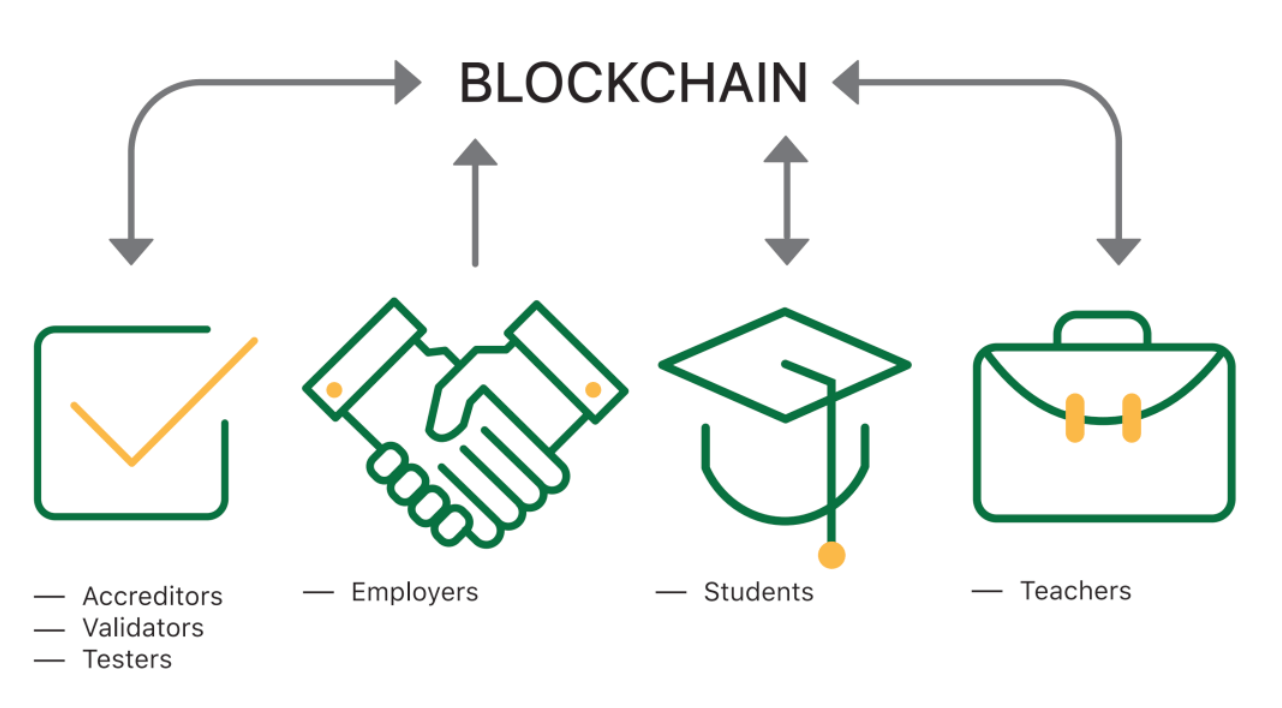Interview basics are crucial for anyone looking to land a new job. The journey from crafting your resume to the moment you’re invited for an interview is filled with anticipation and effort. Yet, it’s easy to overlook the importance of preparing for the interview itself. Preparation goes beyond the obvious; it’s the small details that often make a big difference.
Through my experience in recruitment and discussions with industry peers, I’ve noticed that job seekers frequently miss out on opportunities by neglecting these interview basics. A survey of recruiters across various sectors revealed common pitfalls that candidates fall into. This article outlines essential interview basics, aiming to help you navigate through your next interview successfully.
“Preparation, punctuality, and positivity are the three Ps that can transform an interview from a mere conversation to a career-defining moment. Embrace them fully to unlock your potential,” says Jappreet Sethi.
Professional Attire: Crafting a Positive First Impression
Dressing appropriately for an interview cannot be overstated. Imagine two candidates, John and Lisa. John opts for a smart, well-fitted suit for his interview at a finance firm, while Lisa chooses a polished, professional dress for her interview at a creative agency. Both selections are tailored to the nature of their respective industries, demonstrating their understanding and respect for the professional environment they aspire to join.
Neglecting this aspect can be detrimental. Picture Tom, who decides to wear casual attire to a formal interview, mistaking the company culture. His attire immediately sets a tone of unpreparedness, overshadowing his qualifications before the conversation even begins. The choice of outfit is the first communicative gesture to the interviewer, signaling your enthusiasm and respect for the opportunity at hand.
Punctuality and Respect: The Foundation of Professional Etiquette
Sarah’s decision to arrive 15 minutes early allows her to calm her nerves, review her notes, and observe the company culture firsthand. This also gives her a chance to interact with the receptionist in a respectful and friendly manner, leaving a positive impression that might be relayed to the hiring manager.
Conversely, consider a candidate who arrives just on time or slightly late, appearing rushed and possibly frazzled. This can start the interview on a negative note, with the candidate having to overcome the initial impression of poor time management. Punctuality reflects your respect for the interviewer’s time and your genuine interest in the position.
Effective Communication: The Bridge to Understanding
Alex’s strategic use of the STAR method to articulate his achievements demonstrates not only his preparedness but also his ability to engage in meaningful dialogue about his past experiences. This approach helps the interviewer visualize Alex’s problem-solving process and the results of his actions, providing a clear picture of his potential contributions to the team.
In contrast, a candidate who fails to structure their responses might offer rambling answers that lack focus and fail to highlight their achievements effectively. Effective communication is not just about what is said, but how it’s conveyed, ensuring the message is received as intended.
Distraction-Free Engagement: Maximizing the Moment
Maria ensures her phone is turned off, eliminating any potential interruptions that could break the engagement with her interviewer. This action signifies her respect for the interview process and her focus on the opportunity at hand.
Imagine another scenario where a candidate forgets to silence their phone, and it rings in the middle of the interview. This not only disrupts the flow of conversation but also casts doubt on the candidate’s attention to detail and respect for the interview setting. Engagement during the interview is a two-way street, requiring both parties to be present and undistracted.
Knowledge of Your Resume: Demonstrating Self-Awareness
Tom is asked about a project listed on his resume and provides a detailed account of his role, challenges faced, and the outcomes achieved. This level of familiarity with his own experiences reassures the interviewer of his competence and the authenticity of his application.
A lack of preparation becomes apparent when a candidate struggles to recall details of their own experiences listed on the resume. This not only raises questions about their sincerity but also about their involvement and impact in past roles. Knowing your resume inside out is fundamental to conveying confidence and credibility.
Preparation of Questions: Showing Engagement and Curiosity
Lisa’s questions about the company’s product launch not only demonstrate her interest but also her initiative to understand the company’s challenges and strategies. This proactive approach can set her apart from other candidates who may not take the opportunity to engage in a deeper conversation about the company’s future.
Failing to ask questions or showing satisfaction with what was discussed during the interview can suggest a lack of interest or enthusiasm for the role. It’s a missed opportunity to learn more about the company and to showcase your own insights and curiosity.
Understanding the Company: Reflecting Your Homework
Kevin’s research on the company’s market position allows him to tailor his responses to their specific needs and challenges. This not only shows his interest in the company but also his proactive approach to understanding where he can add value.
A candidate who hasn’t taken the time to research the company might provide generic responses that fail to resonate with the interviewer. This lack of preparation can be perceived as disinterest in the company and the role, diminishing the candidate’s chances of making a memorable impression.
Positive Attitude: Embracing Optimism
Emily discusses her job search journey positively, focusing on what she has learned and how she has grown. This perspective showcases her resilience and ability to adapt to challenges, qualities highly valued in any role.
Conversely, dwelling on negative experiences or expressing frustration about the job search process can cast a shadow over the candidate’s ability to handle stress and adapt to new situations. Maintaining a positive attitude is essential in conveying your readiness and enthusiasm for new opportunities.
Honesty and Integrity: Building Trust
Michael’s honesty about his skill level not only shows his integrity but also his willingness to learn and grow. This candidness fosters trust and opens up a dialogue about how he plans to address his areas for development.
Misrepresenting skills or experiences can lead to mistrust and potential challenges if hired. Honesty is the foundation of any professional relationship, emphasizing the importance of being truthful about your capabilities and intentions.
Comprehensive Preparation: The Path to Confidence
Naomi’s thorough preparation, including practicing responses and researching the company, equips her with the confidence to navigate the interview effectively. This preparation is evident in her poised and thoughtful responses, leaving a strong impression on the interviewer.
A lack of comprehensive preparation can result in nervousness, vague answers, and missed opportunities to highlight your suitability for the role. Investing time in preparing for the interview basics reflects your dedication and desire to make a positive impact on the potential employer.
Leveraging these interview basics, enriched with Sethi’s expertise, ensures you’re not just going through the motions but actively engaging in a process that showcases your best self. Remember, every interview is an opportunity to learn and grow, paving the way for future success.











Hi,
Great Blog, excellent content really enjoyed reading. Is is very useful for all job seekers not only freshers. I like this blog. Keep on sharing.
If you are one of the thousands of jobseekers these days, then you must know the interview basics. Reading this article will actually help you in knowing some of the interview basics for jobseekers. Moreover, the best human resource companies can help you find a great job that suits your profession and experience.